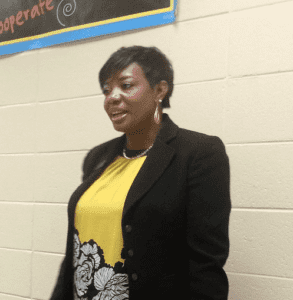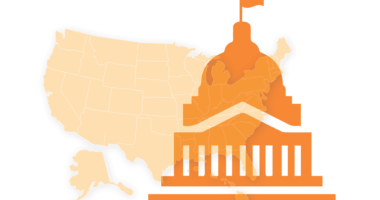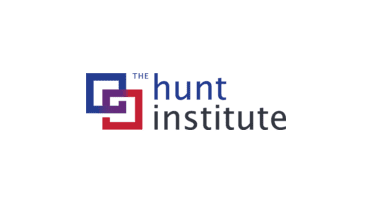They Are Rising to the Challenge.
 “This is different. This is hard for some of our parents. We have to show compassion and patience,” says Faith Belle-Lucy, principal of Dr. Robert W. Gilliard Elementary in Mobile, Alabama. Parents and students are facing a brand-new world of distance learning, she said, and not all are ready. Over the past few weeks a team of 10 volunteer teachers at Gilliard distributed more than 120 computers to students, and in the next few days they will distribute even more hot spots to students who don’t have internet service. Some parents prefer that their children not use computers for lessons; the school has provided them with paper lessons, supplemented with district-provided video lessons broadcast by local television stations. But overseeing lessons, oftentimes for multiple children in different grades, is proving challenging for many parents, some of whom have posted videos to the school’s Facebook page begging for substitute teachers.
“This is different. This is hard for some of our parents. We have to show compassion and patience,” says Faith Belle-Lucy, principal of Dr. Robert W. Gilliard Elementary in Mobile, Alabama. Parents and students are facing a brand-new world of distance learning, she said, and not all are ready. Over the past few weeks a team of 10 volunteer teachers at Gilliard distributed more than 120 computers to students, and in the next few days they will distribute even more hot spots to students who don’t have internet service. Some parents prefer that their children not use computers for lessons; the school has provided them with paper lessons, supplemented with district-provided video lessons broadcast by local television stations. But overseeing lessons, oftentimes for multiple children in different grades, is proving challenging for many parents, some of whom have posted videos to the school’s Facebook page begging for substitute teachers.
Gilliard’s teachers are required to touch base with each student’s parents once a week, and Lucy herself is popping into online classes and posting comments to encourage students, much as she does when students are physically present in school. When students do return to the school building, she is planning to loop the entire school, meaning that students will be assigned the same teacher as they had last year, a move that will require teachers to learn the next grade’s standards and curriculum.
“Though this is a trying time for us,” she says, “this opens up a lot of learning opportunities.”
In this episode of ExtraOrdinary Districts in Extraordinary Times, hear how Lucy, who has helped lead great improvement at Gilliard, thinks about how she will move the school forward—and how she hopes that this crisis will jumpstart a move into new teaching practices and more learning for her students, most of whom are African American children from low-income homes. “Believe it or not, they are rising to the challenge,” she says.
Podcast: Play in new window | Download
Subscribe: Apple Podcasts | RSS


